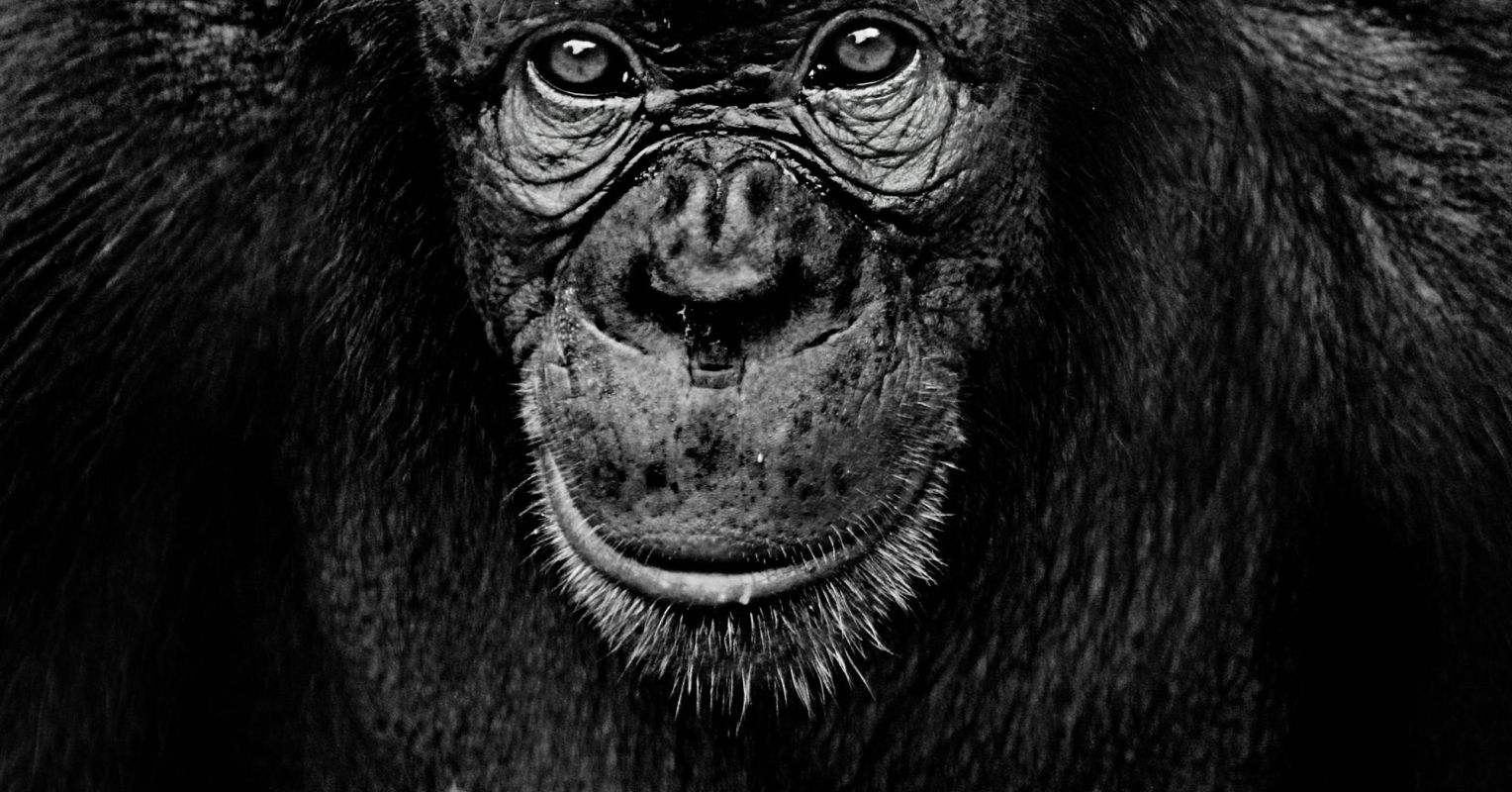
"The seed for this co-authored book was planted when my co-author John Olusegun Adenitire and I started discussing our respective Ph.D. projects at the University of Cambridge―animal rights and human rights in my case, and constitutional law and freedom of religion in his. As we were immersing ourselves in the existing literatures in our fields, we soon noticed a gap in the constitutional theory literature."
"A large body of scientific evidence stemming from studies of diverse species clearly shows that many nonhuman animals (animals) are sentient beings. 1 Because these studies show that the biodiversity of sentience is large and growing, in their new book Animals and the Constitution: Towards Sentience-Based Constitutionalism, Drs. John Olusegun Adenitire and Raffael Fasel wonder why animals are excluded from enjoying constitutional rights and protection. Here's what Raffael had to say about their very important, challenging, and forward-looking book."
A large body of scientific evidence demonstrates many nonhuman animals are sentient, with a growing biodiversity of sentience across species. Constitutional theory remains predominantly anthropocentric and often excludes animals from rights and protections. Sentience-based constitutionalism proposes recognizing animals' intrinsic value and legally protecting their bodily integrity and liberty. Sentient beings governed by constitutional orders should be granted participatory rights and consideration within democratic and legal institutions. Reimagining democracy, the rule of law, and core constitutional principles to include sentient animals requires legal and institutional reform to close the current gap between ethical theory and constitutional practice.
Read at Psychology Today
Unable to calculate read time
Collection
[
|
...
]